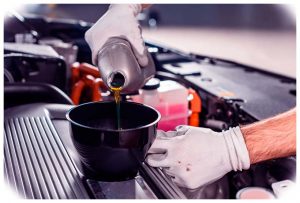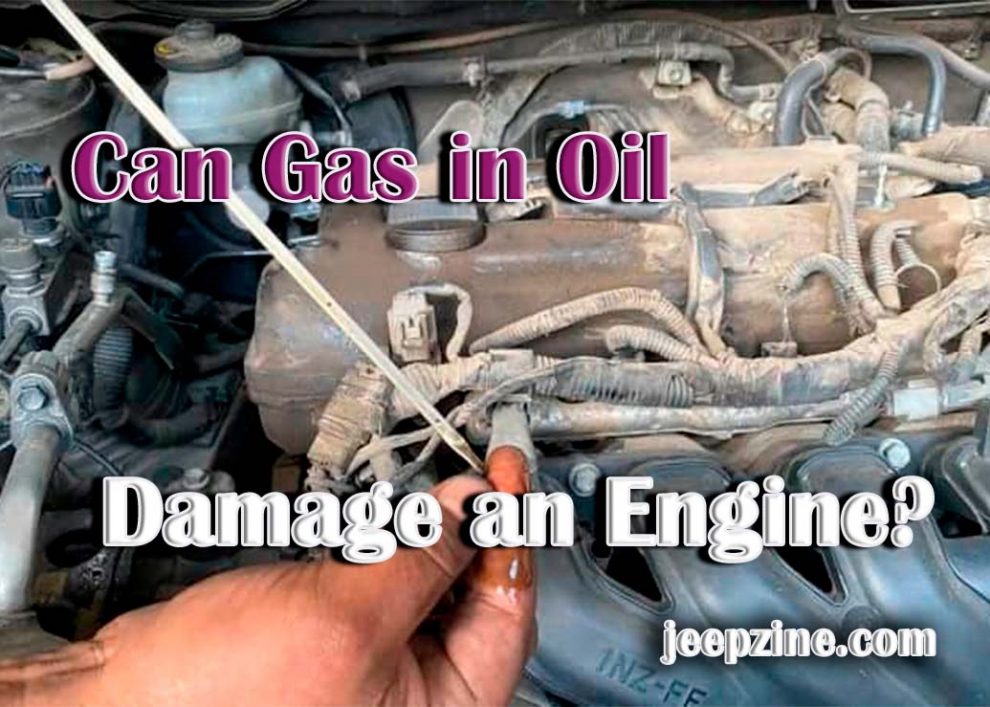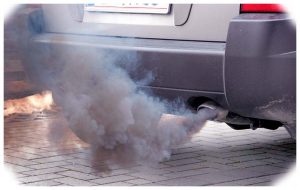Gas in oil can cause serious damage to an engine if it is not taken care of immediately. It occurs when gasoline enters the crankcase and mixes with the engine oil, creating a sludgy mess that can quickly clog up the system and prevent it from functioning correctly. Understanding what causes gas in oil, the damage it can cause, and how to fix it are key steps in protecting your vehicle’s engine.
What Causes Gas in the Oil?

What Damage Can Result From Having Gas In The Oil?
Having gas mixed with motor oil causes several issues for an engine as it dilutes lubrication properties as well as its ability to cool down moving parts which increase friction and heat generated inside an engine block leading to premature wear and tear. In addition, gasoline is combustible, so an ignition source such as a spark plug or exhaust system near the oil can cause a fire or explosion.
What Are The Symptoms Of Having Gas In Your Oil?
There are several symptoms that may indicate that your engine is suffering from gas in its oil. These include:
An increase in fuel consumption
- Excessive smoke coming from the exhaust pipe
- Unusual noises coming from the engine, such as knocking or pinging
- Loss of power or acceleration due to clogged fuel filters and passages
- Low oil pressure as a result of thickened oil
How To Fix A Vehicle With Gas In Its Oil
If you suspect your vehicle is suffering from gas contamination, acting quickly is important. First, drain the contaminated oil and replace it with fresh motor oil. The next step is to have a mechanic inspect all parts of your fuel delivery system for any potential issues, such as worn hoses, leaking gaskets, or cracked valves. If any parts need replacing, be sure to do so immediately with quality replacements to avoid further contamination of your engine’s oils. Finally, monitoring oil levels regularly is important to catch any further contamination before it can cause major damage.
Prevention and Treatment for Gas in Oil Problems
The best way to avoid problems caused by gas in your engine’s oil is to ensure your vehicle is regularly serviced and inspected for any issues. It’s important to monitor the oil and fuel levels in your engine and look out for warning signs such as smoke from the exhaust, which could indicate a problem with fuel entering the motor oil. Also read How to Test a Gas Cap for Leaks.
Conclusion
Gas in engine oil can cause serious problems for an engine, resulting in decreased performance, increased fuel consumption, and even fire or explosions if left untreated. If you think your vehicle has gas mixed with its oil, then it is important to seek professional help as soon as possible to identify and rectify any underlying issues. Regularly servicing your car and monitoring oil and fuel levels are essential steps toward preventing gas-in-oil problems from occurring in the first place.


 An increase in fuel consumption
An increase in fuel consumption
Add Comment